Data Security in a Traceability Project: 4 Things You Should Know

In a textile traceability project, harvesting and centralizing data is the key to success. But when we say "data", we also mean "sensitive information". That's why cybersecurity is more than just a concern: it's a vital issue. A top priority for fashion brands and manufacturers committed to greater transparency in the sector alike. Here are four crucial aspects you should be aware of when it comes to data security.
1. Choosing the right supplier for data storage
When it comes to data storage, choosing the right supplier is crucial. Opt for SOC type 2 compliant companies, attesting that they have put in place highly advanced security measures to protect data against any threat, whether from inside or outside. ISO 27 001 certification is another indicator of high security.
It's also important to consider server location. Storing your data on servers located in the European Union, for example, can offer additional protection due to the strict data protection laws and regulations in this region.
2. For your security standards, you can never be too careful
Information security doesn't stop at storage, it also involves the way data is handled. Invest in end-to-end encryption policies. This means that data is transformed into a complex code that can only be understood by authorized persons to add an extra layer of security.
In addition, implement rigorous processes to control access to sensitive data. Make sure that only authorized people have access to this information, and for a limited period only, thus reinforcing access security.
3. One audit is good, two is better
An audit is a thorough examination to assess whether everything is in order and well protected. Calling in external cybersecurity experts provides an impartial and highly qualified view, ensuring that all the necessary measures are in place.
In addition to this, it's very useful to invite your partners to test the security of their data access themselves. These audits help to put our systems to the test and identify any weaknesses that need strengthening. It's a proactive approach that ensures everything is in order and well protected.
4. The human factor should not be underestimated
Data security is not only a question of technological innovation, but also, and above all, of the best practices adopted by each and every employee. Kevin Mitnick, one of the greatest hackers in history, understood this: while it is possible to anticipate what technology will be able to achieve, what can never be predicted is human action.
Test your systems thoroughly to ensure that they remain at the cutting edge of technology. In addition, regularly train your employees in data security best practices. This includes detecting phishing attempts and managing strong passwords.
.png)
What measures are in place at Fairly Made®️?
At Fairly Made®️, data security is a top priority. We carefully select our suppliers, giving preference to those who are SOC type 2 compliant and ISO 27 001 certified. What's more, we store your data on servers located in the European Union, guaranteeing additional protection.
We implement end-to-end encryption policies to ensure information security. In addition, our dedicated security team implements rigorous processes to control access to sensitive data. Our monitoring systems enable us to activate real-time alerts in case of a suspicious event, allowing our teams to intervene.
To guarantee the effectiveness of our security measures, we carry out exhaustive audits, both by our customers and by independent cybersecurity experts. What's more, we strictly comply with the RGPD and carry out in-depth tests on our systems to stay at the cutting edge of technology. And of course, we regularly train our employees in best practices in the field!






.png)

.svg)